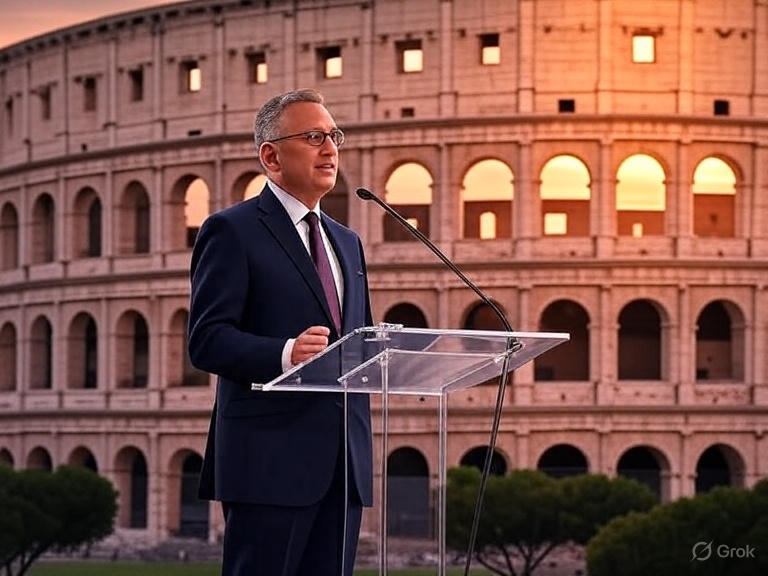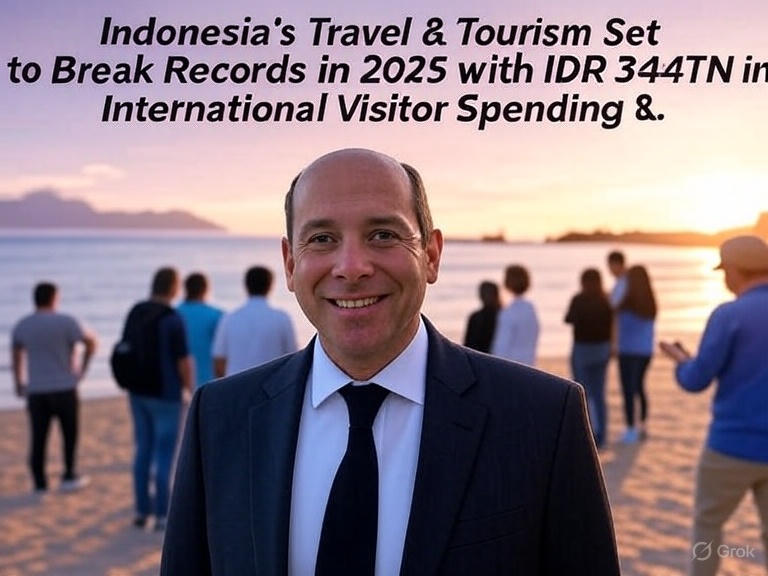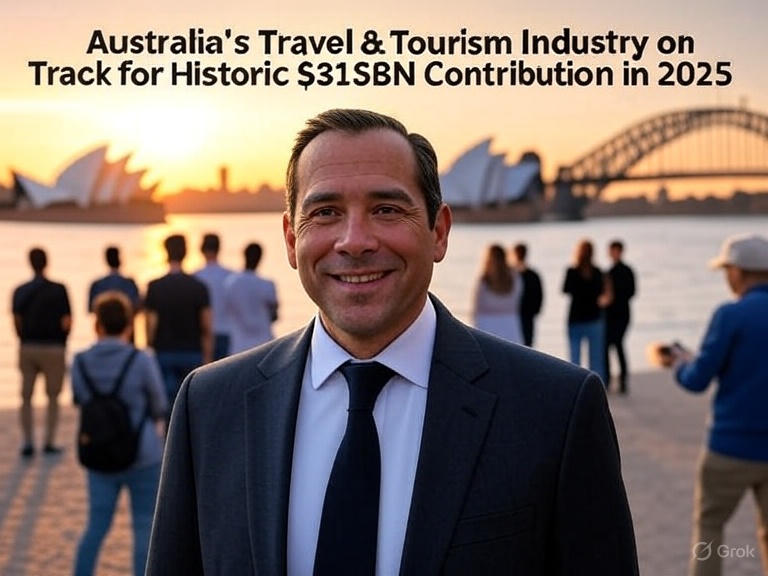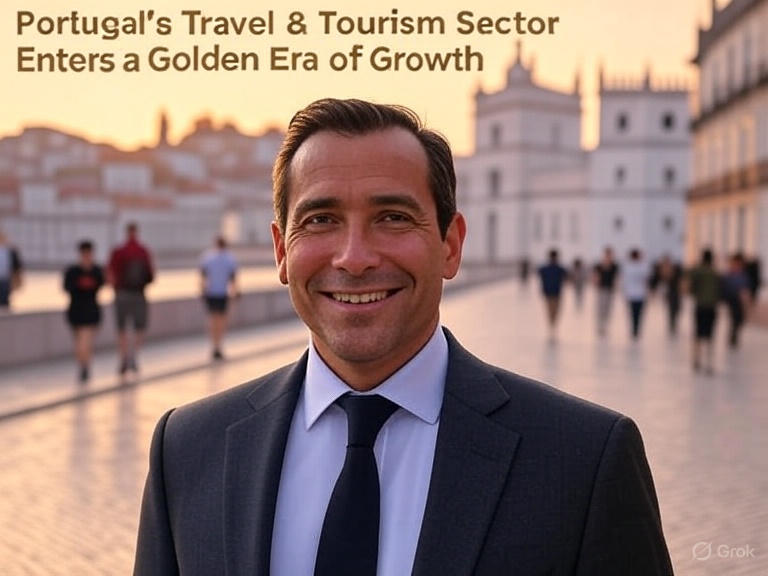Rome, Italy – As the world enters the peak of the summer travel season, the World Travel & Tourism Council (WTTC) has issued a compelling call to action ahead of its 25th Global Summit in Rome. With travel and tourism on the rise, the global body is urging a more thoughtful, long-term approach to managing tourism in popular destinations.
The Real Challenges Behind Overcrowded Tourist Spots
Although overtourism often appears as the core problem in cities and heritage sites, WTTC’s new report, “Managing Destination Overcrowding: A Call to Action,” reveals that the actual pressures stem from underinvestment, poor infrastructure planning, and disjointed governance. These underlying issues not only strain tourist experiences but also disrupt local communities.

Travel & Tourism currently supports one in ten jobs globally and contributes nearly 10% to global GDP. By 2034, it’s projected to support one in every three new jobs. While these numbers highlight the sector’s economic significance, they also signal the urgent need for sustainable strategies to manage growth effectively.
The Financial Case for Reinvestment
In 2024 alone, the sector is expected to generate $11 trillion in economic output and support 357 million jobs worldwide. Despite this massive impact, many destinations are still unprepared for rising visitor numbers.
Governments collectively receive over $3.3 trillion in annual tax revenue from Travel & Tourism — approximately 9.6% of global tax income. The WTTC is advocating that a portion of this income be reinvested into infrastructure, improved visitor management systems, and initiatives that protect both destinations and the people who live there.
Six Strategic Steps to Manage Tourism Better
The report provides a practical six-step roadmap for destinations to manage tourism more sustainably and inclusively:
- Get Organised – Form inclusive taskforces with relevant stakeholders.
- Make a Plan – Establish a shared vision and long-term strategy.
- Gather the Evidence – Use data-driven analysis to understand unique challenges.
- Stay Vigilant – Monitor tourism impact and act proactively.
- Invest Wisely – Prioritize infrastructure and community resilience.
- Empower Residents – Engage local communities in decision-making and showcase tourism benefits.
Why Smart Management Matters
In response to crowding, some cities have introduced tourism taxes. However, WTTC warns that such measures are not a silver bullet and can lead to job losses, reduced income, and declining public services.
The report highlights that if 11 major European cities imposed visitor caps, it could result in a $245 billion loss in GDP and nearly 3 million lost jobs over three years.
Global Examples of Sustainable Tourism in Action
The report also celebrates positive examples from around the world:
- Barcelona: Its public-private partnership model supports sustainable development.
- Flanders (Belgium): The “Travel to Tomorrow” strategy prioritizes resident well-being.
- Dubrovnik, Croatia: Collaboration with the cruise industry has helped reduce congestion.
- Iceland: Tourism levies are reinvested directly into environmental preservation.
A Turning Point for Global Tourism
WTTC President & CEO Julia Simpson emphasized the importance of collaborative, forward-looking strategies:
“Travel & Tourism brings huge benefits including jobs, investment, and deeper cultural understanding. But growth needs to be managed carefully… This isn’t about stopping tourism, it’s about making it work for everyone.”
The upcoming summit in Rome is seen as a critical opportunity for global leaders to align on sustainable tourism frameworks. With the right investment and planning, destinations can thrive without sacrificing what makes them unique.
Final Thoughts: Think Long-Term, Act Locally
There is no universal formula for managing tourism effectively — what works in one place may not work in another. But through strategic collaboration, resident engagement, and smart reinvestment, travel and tourism can continue to drive prosperity without compromising cultural heritage or community wellbeing.



